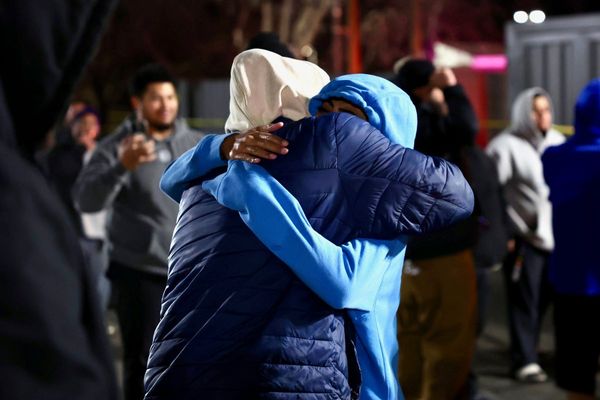
Growing numbers of people in England and Wales are being found so long after they have died that their body has decomposed, in a shocking trend linked to austerity and social isolation, doctors have said.
Such deaths have been rising steadily in England and Wales since 1980 and are a product of wider societal breakdown, although Covid may also have played a part, according to new research.
“Many people would be shocked that someone can lie dead at home for days, weeks or even longer without anyone raising an alarm among the community they live in,” said Dr Lucinda Hiam, of the University of Oxford, and four co-authors.
Yet the numbers of “undefined deaths” – which will often involve people who have died at home, gone undiscovered and then been found already decomposed – have gone up considerably for both sexes since 1980, while death rates from all other causes have fallen over the same period.
Men are more than twice as likely as women to be discovered in a decomposed state, according to the doctors’ study, which is published in the Journal of the Royal Society of Medicine.
“The increase in people found dead from unknown causes suggests wider societal breakdowns of both formal and informal social support networks,” they said. “Being found decomposed after days, weeks, months or even years might indicate a high level of neglect, but this is speculative without further investigation.”
They cite the case of Laura Winham, who was 38 and had severe mental health problems, who was found in a “mummified, almost skeletal state” at her flat in Woking, Surrey, in 2021, more than three years after she had died.
The body of another woman, Sheila Seleoane, 61, was found badly decomposed in her flat in London in 2022, two years after she had died.
The doctors analysed Office for National Statistics data showing the rising number of deaths at home and trends over time in “undefined deaths”, which they used as a proxy for deaths where the person has decomposed, as such fatalities are not currently recorded separately.
Dr Kamila Hawthorne, the chair of the Royal College of GPs, linked the trend to loneliness and people’s loss of social networks.
“This study makes for very sad reading,” she said. “Loneliness is all too common and although all age groups experience it, for those in later life it can be particularly problematic. The impact it has on a person’s health and their quality of life is pronounced. Loneliness puts people at a 50% increased risk of an early death compared to those with good social connection.”
While advances in medicine mean more people are living longer, “some are potentially living for prolonged periods in isolation from others”, Hawthorne said. “I can think of patients I’ve seen who may not fit the traditional label of ‘vulnerable’ but are nonetheless in need of support due to their experience of loneliness or social isolation. While physical or economic vulnerabilities can be visible, social and mental vulnerabilities can be just as detrimental and difficult to recognise.”
The World Health Organization last week declared loneliness to be a threat to health on a global scale and to pose a risk of early death.







